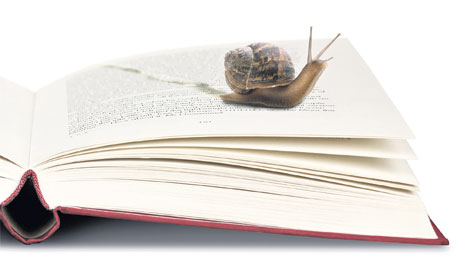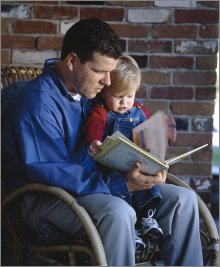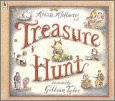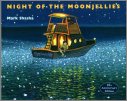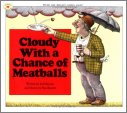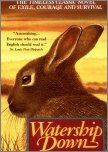by Meredith Lord, Child Development Professional
Why do Americans eat so much fast food? "I just don't have the time to cook dinner." Why don't we exercise more? "I just don't have the time to commit to an exercise program." Why is my living room so messy? "I don't have enough time to clean up."
One thing that we all NEED to find time for is reading to our children for 20 minutes each day. According to the leading experts on this topic, here are the reasons why:
- Children who read: succeed. The most significant part of a child's mental growth between the ages of three and seven is the ability to imagine. Books boost imagination. Our popular television culture degrades imagination.
- TV and video are now our national babysitters. But a young child's growing mind needs active play and live conversation. Television puts a child into what neurologists call the passive Alpha state. A child cannot learn from screens because programs are meant to sell products not to teach.
- Much like the first news about tobacco and cholesterol, early studies now link overdoses of TV, video games and pop music with learning disabilities, attention deficiency, speech defects and aggressive behavior.
- Screen watching makes a child a follower and a consumer. Books exist because of the power of human ideas. Readers are leaders and producers.
- After a tiring day nothing is more restful than reading with a child on your lap. Reading aloud offers a world of privacy, dignity, and love to both of you.
-From a speech by noted author/illustrator, Rosemary Wells.
read more on this article at: http://www.totsites.com/help/fun/reading-books.php





